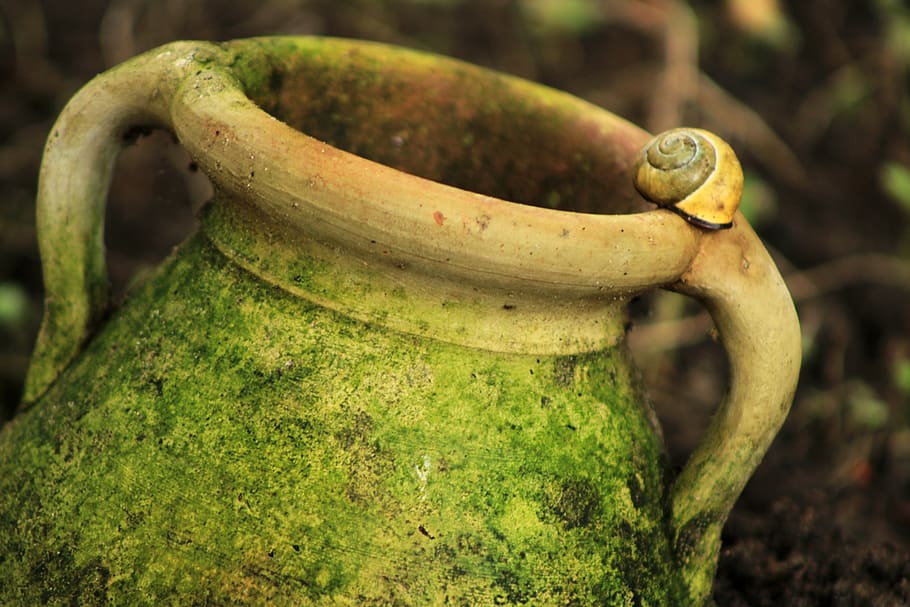A chemical spill, known as PFOA, has recently made its way into Philadelphia’s municipal water supply. As a result, residents throughout the city are urged to be aware of the potential risks and health impacts associated with the chemical.
PFOA, or perfluorooctanoic acid, is a man-made chemical used primarily in the production of Teflon and other toxic substances. It has been found to be hazardous to both human and environmental health and has been linked to a variety of adverse health effects, including cancer and thyroid issues.
The spill occurred in the Schuylkill River, after a tank at a chemical plant in Poconos leaked PFOA into the river. While the company insists the leak was small, experts believe it is large enough to have potentially contaminated up to 25 million gallons of water. The state of Pennsylvania subsequently issued a warning for consumers to avoid drinking or using heavy amounts of tap water in Philadelphia.
The first thing that Philadelphia residents should know about PFOA is that it is most likely present in their tap water. PFOA is able to travel long distances in water, meaning that it can easily move through rivers, streams, and other waterways. It is important for people to test their tap water to ensure that levels of the chemical are within safe levels.
Residents should also pay attention to the health effects associated with the chemical. While it is unlikely that small amounts of PFOA will cause any serious health issues, it is still important to be aware of potential risks. PFOA has been linked to thyroid problems and certain types of cancer, as well as developmental and reproductive issues.
Finally, it is important to be proactive when it comes to avoiding potential contamination from PFOA. Residents should take steps to filter their drinking water, such as using a water softener or filtration system. Additionally, people should avoid drinking water from containers made of or stored in plastic or Teflon, as these materials are the primary ways in which PFOA can enter the body.
In the wake of the PFOA spill, Philadelphia residents should be aware of the potential risks associated with the chemical and take steps to protect themselves from its effects. With the right knowledge and preventative measures, residents can ensure that their drinking water remains safe.

